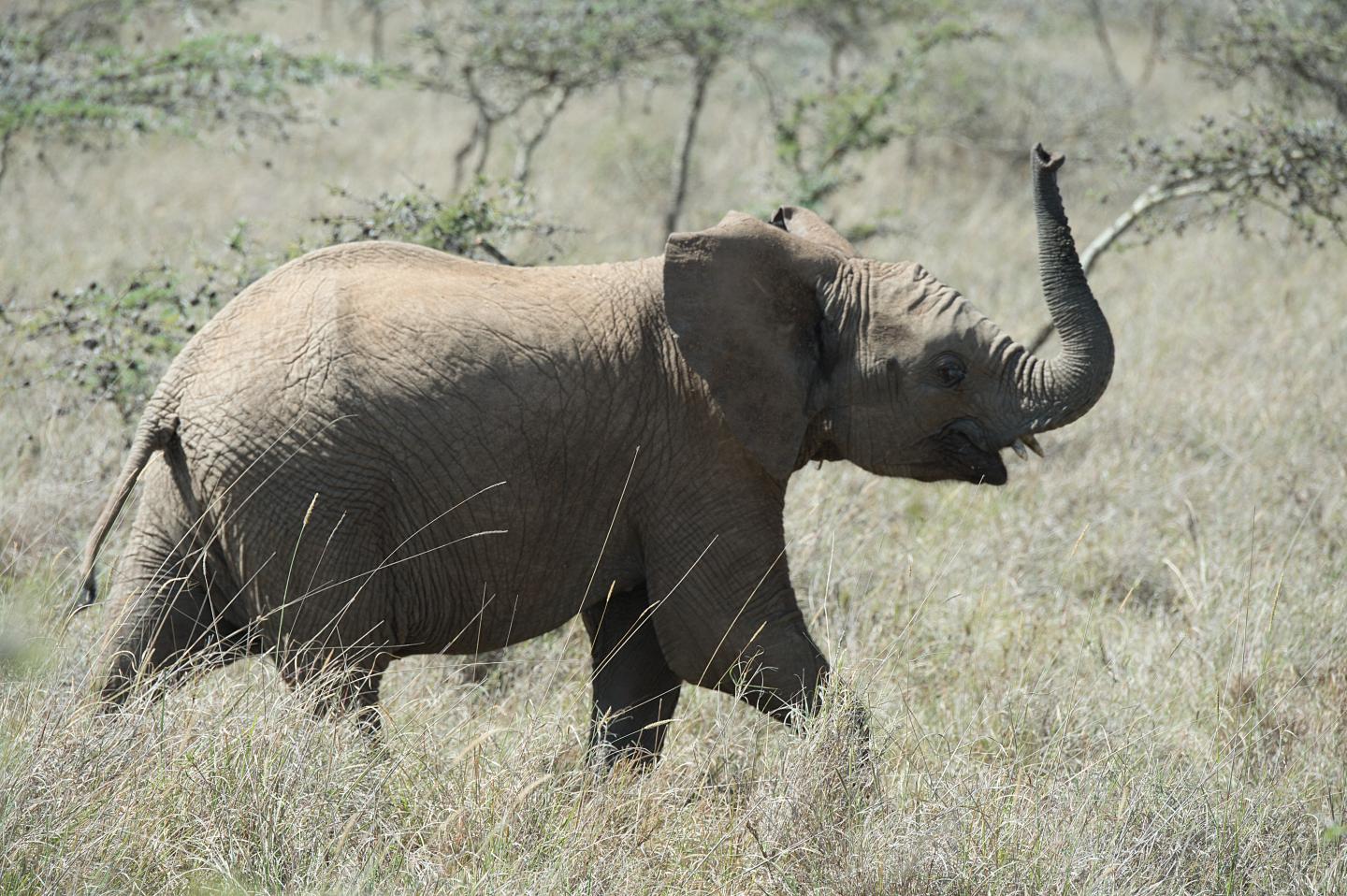
Credit: Julie Larsen Maher/WCS
Conflicts between humans and wildlife are escalating worldwide due to human population growth, urbanization, growth of agricultural and industrial activities, and, in certain areas, increasing wildlife populations.
Scientists interviewed pastoralists in Namibia’s Namib Desert to see how they felt about conflicts with wildlife, which can include lions and cheetahs preying on livestock and elephants and zebras eating crops.
Though high rates of conflicts were reported, pastoralists were generally tolerant of wildlife, including predators, and indicated this in their proposed management solutions, which offers insights into the complex issue of human/wildlife conflict.
###
Media Contact
Stephen Sautner
[email protected]
Original Source
https:/
Related Journal Article
http://dx.




